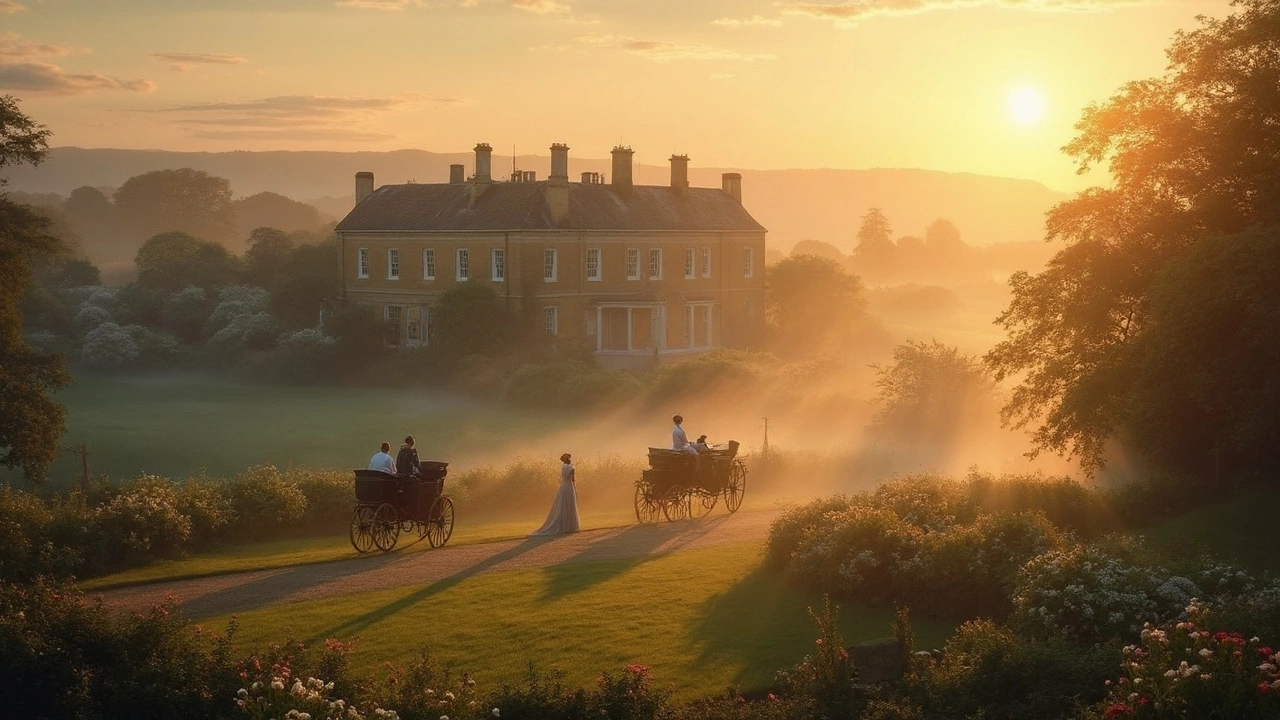Hotel Origins – How Today’s Stays Grew From the Past
Ever wonder why a hotel feels the way it does? The answer lies in centuries of travelers looking for a safe place to rest. From stone‐capped inns on Roman roads to sleek city‑center towers, each era added something new. Knowing this history helps you spot the features that really matter when you book your next stay.
From Ancient Inns to Medieval Guesthouses
Back in the day, a "hotel" was just a simple shelter by the highway. Roman mansio offered basic rooms and fresh feed for horses. When the Middle Ages rolled in, monasteries opened guest rooms for pilgrims. Those early places focused on comfort, food, and security – the same three things modern hotels still promise.
What changed? Private rooms became a norm, and hosts started charging extra for better beds or warmer meals. Travelers began to expect a little privacy, and that idea sparked the first true inns in Europe. If you stay in a countryside B&B today, you’re actually reliving a tradition that’s over 800 years old.
The Rise of Modern Hotels
The Industrial Revolution pumped up travel speed. Trains and steamships meant people moved farther, faster. Hotels responded with bigger lobbies, indoor plumbing, and electricity. The grand hotel boom in the early 1900s introduced fancy ballrooms, on‑site restaurants, and bell‑hop services – all the luxuries we take for granted now.
Fast forward to the digital age: online bookings, keyless entry, and eco‑friendly operations dominate the scene. Yet the core promise stays the same – a clean room, a good night’s sleep, and a friendly smile. When you read a hotel’s description, look for clues that they respect those roots: clean linens, responsive staff, and clear pricing.
So, what should you check before you click ‘book’? First, confirm the room size and bed type – old inns didn’t list this, but modern sites do. Second, see if the property mentions amenities like Wi‑Fi, breakfast, or parking; these are the evolved versions of the medieval host’s hearth and hay.
Another tip: peek at guest reviews. Travelers often compare new stays to the classics they remember – a warm welcome, quiet nights, and simple snacks. If most reviews highlight these basics, the hotel is likely honoring its origins well.
Lastly, think about the location. Historic city centers often house buildings that started as guesthouses centuries ago. Staying there gives you a taste of the past while enjoying modern comforts. It’s a win‑win for history buffs and comfort seekers alike.
Understanding hotel origins doesn’t just make you a smarter traveler; it adds a layer of appreciation to every booking. The next time you step into a lobby, picture the ancient travelers who first sought shelter on that road, and enjoy the progress that brought you a plush pillow and a hot shower.
